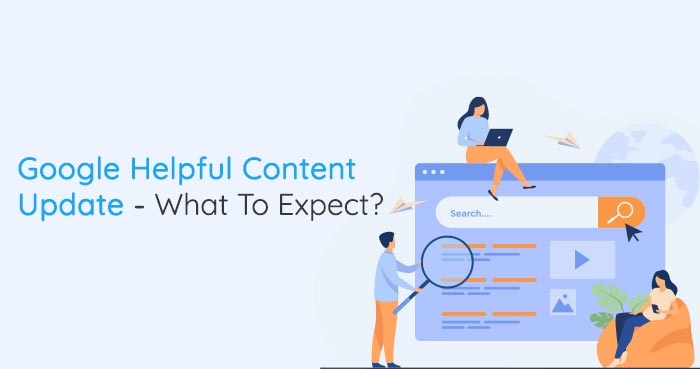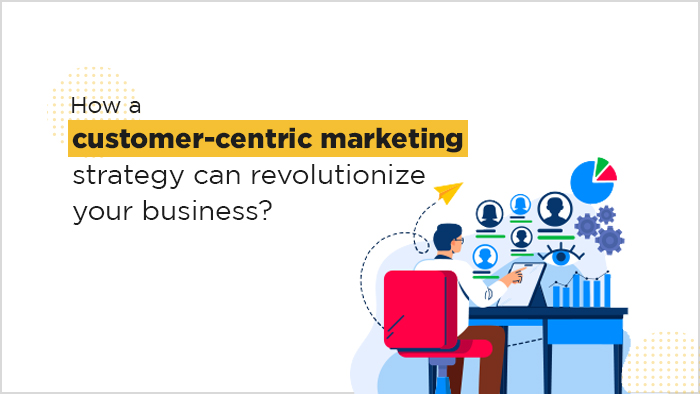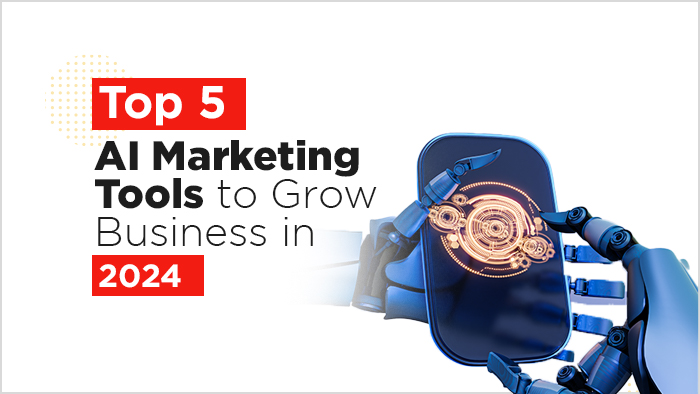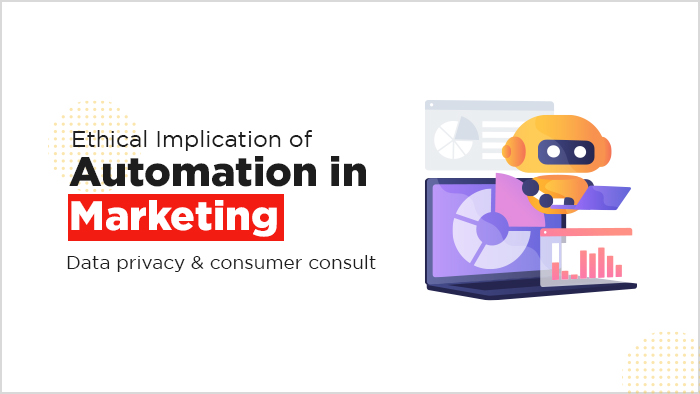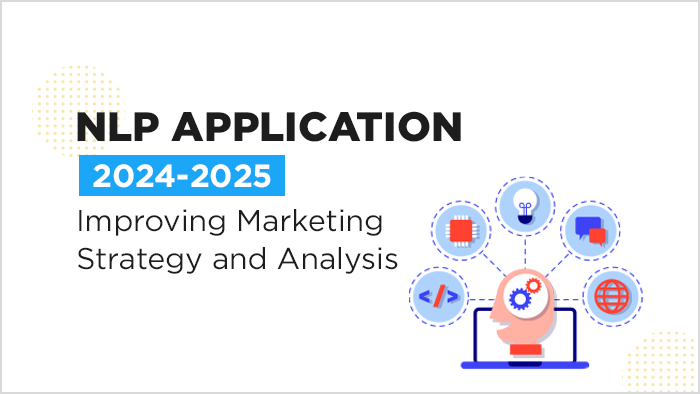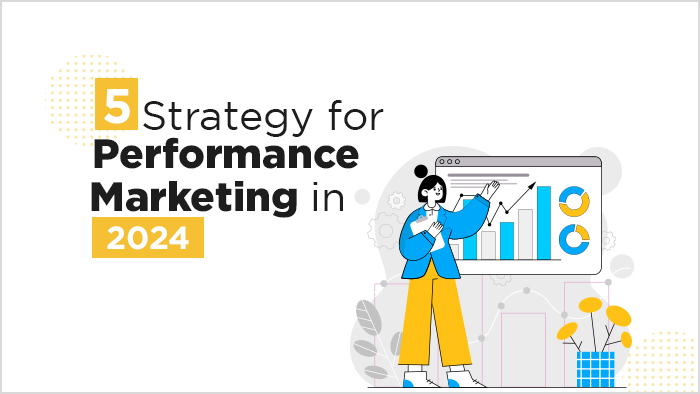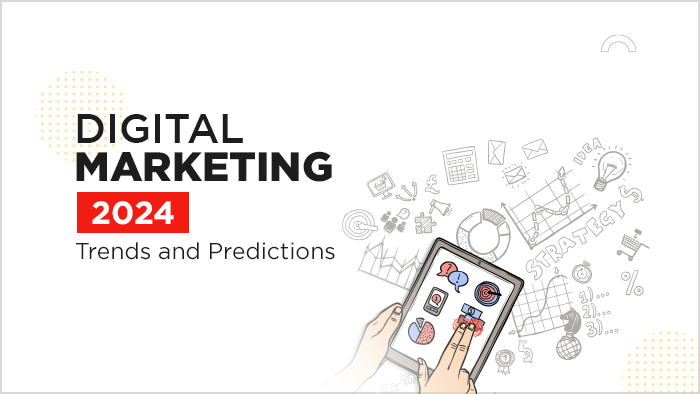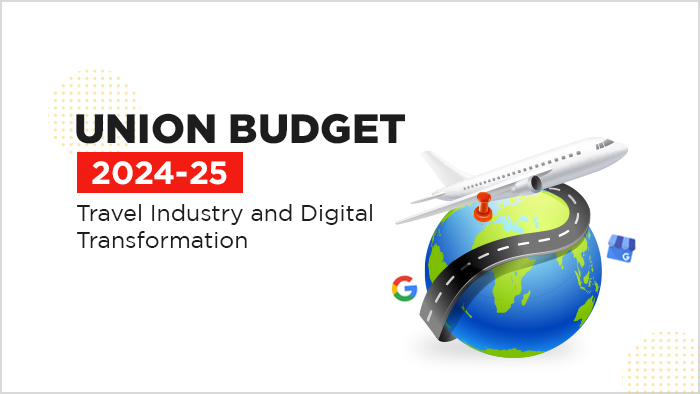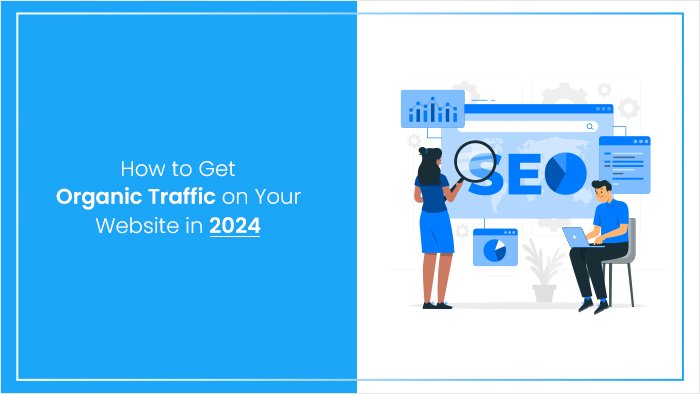The SEO space has been in a state of frenzy since the announcement of the latest Google Helpful Content Update. Some are cherishing the new update, while others are anxious about the organic performance of their websites.
According to Google’s official announcement, the update will begin rolling out on August 25, 2022, and may take up to two weeks to complete. The new algorithm will devalue unhelpful, plagiarised and heavily SEO optimised content. On the other hand, original content that provides a satisfying experience to users will be rewarded.
Here is what John Mueller from Google said about the new update:
“We recently released a Search ranking update called the August 2022 helpful content update. This is part of a broader effort to ensure people see more original, helpful content written by people, for people, in search results.”
Contents
- 1 What Does Google Say About The New Update?
- 2 How To Create People-first Content?
- 3 Stick To Your Expertise
- 4 Show Your Expertise
- 5 Double Down On Your Niche
- 6 Provide Answers To Searchers’ Questions
- 7 How To Recover From Google Helpful Content Update?
- 8 Other Details About Google’s Helpful Content Update
What Does Google Say About The New Update?
Google’s core responsibility is to connect people to helpful information. With the latest Google Helpful Core Update, the search engine intends to remove unoriginal, unhelpful, and heavily SEO optimised content from the search results and promote user-first content.
Here is what caught our attention in the official announcement:
“People see more original, helpful content written by people, for people, in search results.”
Google is clearly indicating that websites that rely heavily on content automation or AI writers are in for some pain. AI tools such as GPT 3 can churn out thousands of words in a matter of seconds. In addition, these tools work on a similar algorithm that Google utilises to determine the relevancy of the content with the search term. It is the reason why AI-written content was performing significantly better than poorly written content in the last few years. With the new update, Google wants to change this narrative and ensure that people see more original and helpful content written by the people and for the people.
“Focus on people-first content.”
Write for the user, not for the search engine. Google wants to ensure visitors find relevant and helpful content for each search term. One way to do this is to create helpful content which is rich with information and provides a great reading experience. The other way is to write mediocre content and optimise it to trick search engines into believing that the content is “People-first”. As the update rolls out, the latter is going to get punished.
In our honest opinion, this update will revamp the search marketing space going forward, and Google will double down on content quality as a ranking factor. This update reminds us of the Panda and Penguin core update that slowly but surely limited link spamming to improve the search results.
How To Create People-first Content?
There are seven things you need to keep in mind when creating your content marketing strategy to ensure you are creating quality content:
Stick To Your Expertise
“Do you have an existing or intended audience for your business or site that would find the content useful if they came directly to you?”
Here, Google recommends that you stick to your niche. Do not create content that does not align with your niche just to get more traffic.
For example, let’s say that you run a blog on backpacking, and you see a keyword in a different niche with high search volume and low keyword difficulty. Even if you write great content for the said keyword, your original audience is highly unlikely to find it helpful.
Here are some questions Google recommends to ask yourself before creating any content:
- Is the content primarily to attract people from search engines, rather than made for humans?
- Are you writing about things simply because they seem trending and not because you would write about them otherwise for your existing audience?
- Did you decide to enter some niche topic area without any real expertise, but instead mainly because you thought you would get search traffic?
Show Your Expertise
“Does your content clearly demonstrate first-hand expertise and a depth of knowledge (for example, expertise that comes from having actually used a product or service, or visiting a place)?”
With this advice, Google is asking people to create content with original insights for a product or service. In affiliate marketing, people often write about products or services they have never used by simply summarising what others have already published.
If you do not have first-hand experience or a deep understanding of the product, you are more likely to create content that is optimised for SEO and does not add much value.
Google recommends asking yourself the following question, “Are you mainly summarising what others have to say without adding much value?.”
Double Down On Your Niche
“Does your site have a primary purpose or focus?”
Google recommends writing content in your niche only. Do not expand to other niches just to increase your organic traffic. Writing aboutuld create content in your niche only, and if you want to expand, you can always create multiple websites. You can expand to topics that do not represent your core niche can confuse your visitors as well as the search engine itself.
You shoclosely related niches if your existing audience will be interested in reading about the topics. For example, if you have a blog on health and fitness, you can start diving deeper into the sub niches like various diets, gym equipment reviews, supplement reviews, etc.
Provide Answers To Searchers’ Questions
“After reading your content, will someone leave feeling they have learned enough about a topic to help achieve their goal?”
Here, Google says content is helpful if it provides the searcher with valuable information related to their query.
SEO-optimised content focuses more on increasing words, adding headings and semantic keywords than writing actual helpful content. When writing for people, your primary focus must be answering the searcher’s query or resolving a concern.
Once you are done with the content, ask yourself if your content completely covers the topic, or the user might need to search again to get more information. And if the information is incomplete, you need to do more research and provide more value to the user.
How To Recover From Google Helpful Content Update?
Expect some volatility in the SERPs in the upcoming weeks. Do not jump the gun and start deindexing pages from your website because of minor fluctuations in your traffic report.
Google’s helpful content update is a sitewide signal, and it will take some time to roll out fully. Keep an eye out for major drops in your keyword rankings, and only start making any changes to your content once the Google Analytics data confirms that your site is under a penalty. Also, consider your niche’s seasonality and target audience behaviour while analysing your search traffic data.
For example, here is a screenshot of traffic data for one of our clients. As you can see, there are quite a few dips in the organic traffic at regular intervals. But it is clearly a trend as traffic drops on weekends and recovers on weekdays. If we see a traffic drop that stands out from the pattern, we will follow our standard procedure to figure out any underlying issues instead of blaming it all on the new update, and you should do the same.
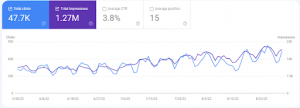
If you have followed Google’s guidelines all along, you need not worry about the Google Helpful Content Update or any content update, for that matter. But if your website gets punished, you need to refer to Google’s webmaster guidelines to reassess your entire content strategy and start focusing on the searcher instead of the search engine.
Other Details About Google’s Helpful Content Update
Here are our final notes about the new update:
- The update is going to roll out in the third week of August.
- The new algorithm will impact English searches globally, and Google plans to expand to other languages in the near future.
- Google’s Helpful Content Update works on an automated machine learning model.

